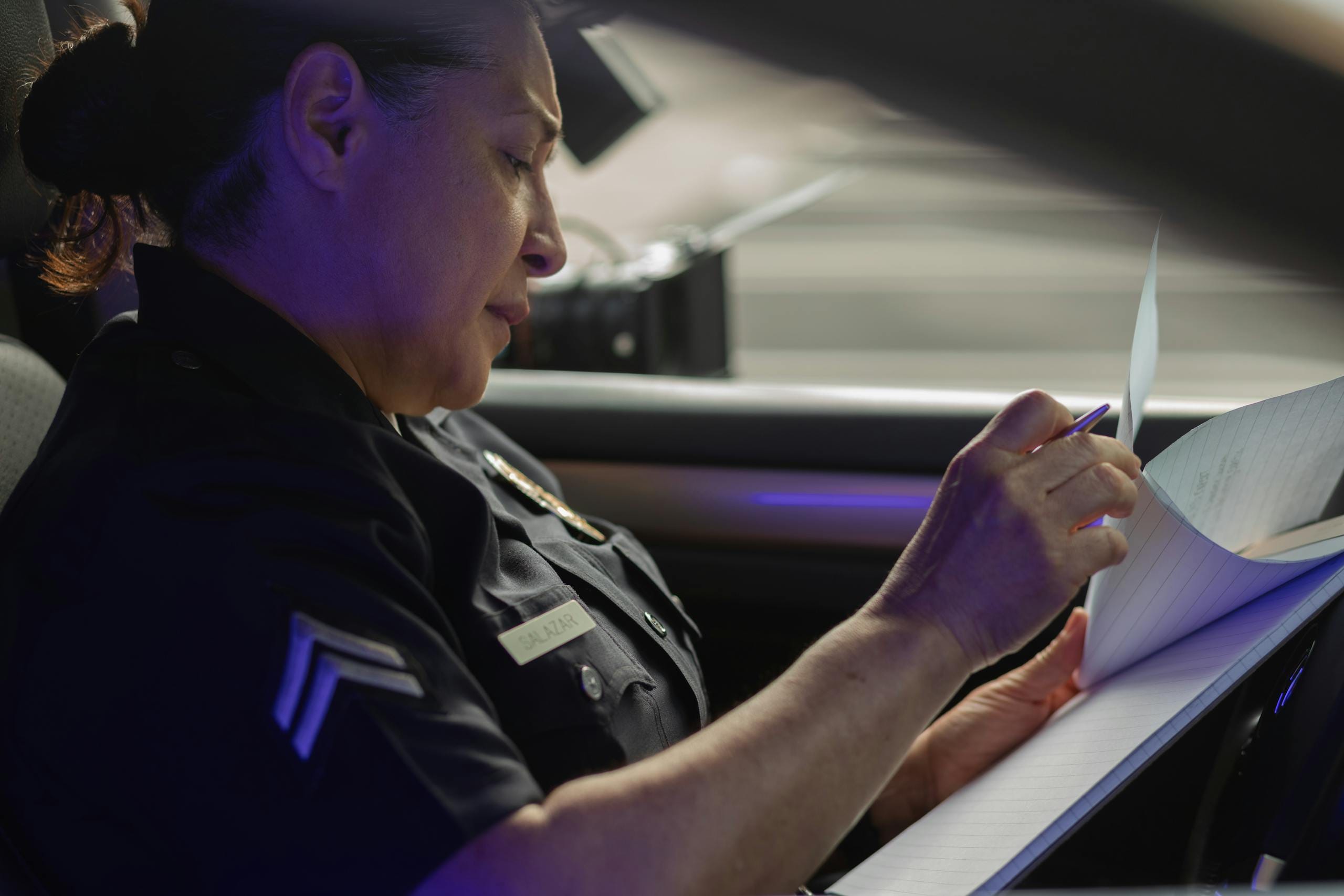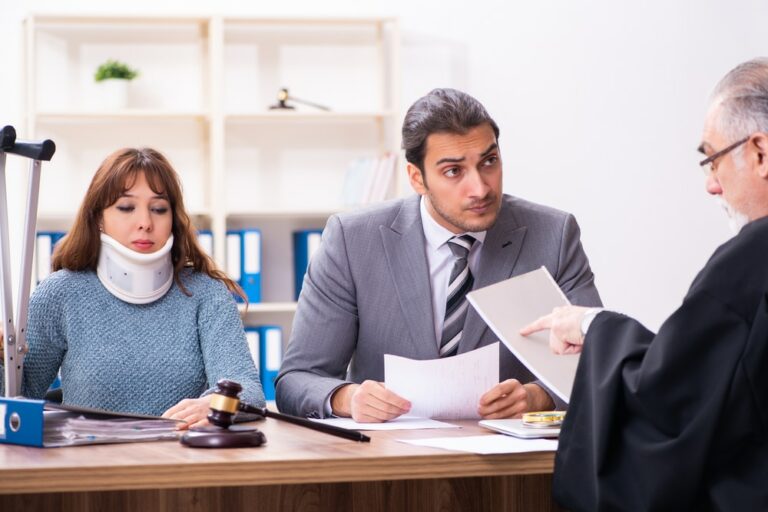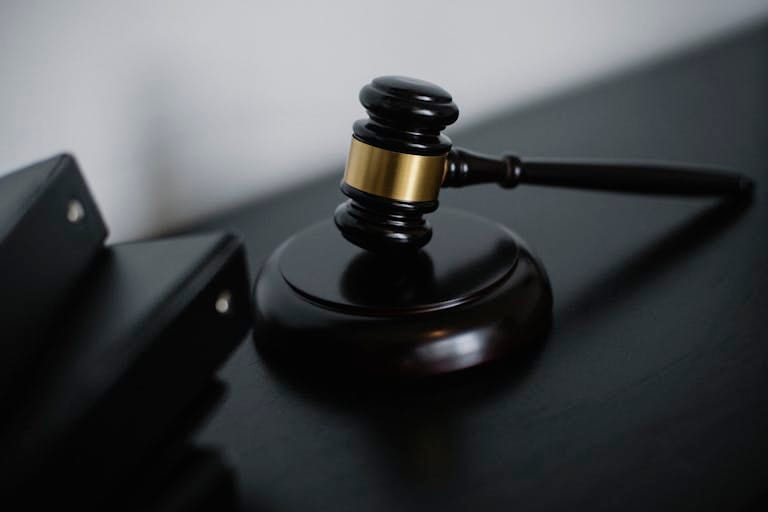The Impact of a Police Report on Your Car Accident Claim

When you’re involved in a car accident in Maryland, one of the first things you might hear is, “Make sure you get a police report.” But why is this document so important, and how can it impact your accident claim? In Maryland, as in most states, a police report can be a powerful piece of evidence that plays a major role in determining the outcome of your case. This guide explains how a police report can influence your car accident claim, the benefits it offers, and practical tips on how to obtain and effectively use this critical document.
Why a Police Report Matters in a Car Accident Claim
A police report is often one of the first pieces of official documentation created after an accident. It serves as a neutral, third-party account of the incident, compiled by a trained officer who arrives at the scene to assess and document the situation. For legal claimants and accident victims, this report can be invaluable, as it includes details that may be challenging to prove on your own, such as the location, time, weather, and initial observations about who may have been at fault.
The value of a police report extends to both insurance companies and courts. Insurers often rely heavily on police reports to make initial assessments of fault and to determine whether a claim should be approved or denied. Similarly, if your case ends up in court, the report can support your testimony and offer evidence that may sway a judge or jury in your favor.
What Information Does a Police Report Include?
A police report typically contains a wealth of information that can bolster your car accident claim. Some of the critical details included are:
- Date, time, and location of the accident – Establishes when and where the incident occurred.
- Weather and road conditions – Provides context for the accident, especially in cases where poor conditions may have contributed.
- Descriptions of vehicles involved – Includes makes, models, and descriptions of damages.
- Statements from drivers and witnesses – Contains each party’s version of events as reported to the officer on the scene.
- Observations on potential fault – While not a definitive legal ruling, an officer’s notes on who may have been responsible can carry weight.
- Traffic law violations – If any driver violated traffic laws, such as speeding or running a red light, this will be noted and can be significant for determining liability.
This information can be pivotal in proving your case to an insurance adjuster or a court, providing a baseline for the investigation and potentially influencing the outcome of your claim.
How a Police Report Influences Insurance Claims
In Maryland, a police report can significantly impact how an insurance company evaluates your claim. Insurers examine police reports to understand the details of the accident and to assess the credibility of each party’s account. Here’s how a police report affects insurance claims:
- Assessing Liability: Insurance companies use the report to determine who was likely at fault. Maryland follows strict contributory negligence rules, meaning if you’re found even 1% at fault, you might be ineligible to recover damages. A police report that indicates clear fault on the other driver’s part can be extremely beneficial for your claim.
- Supporting Documentation: In the claims process, documentation is crucial. A police report provides a comprehensive and unbiased account of the accident, reinforcing your version of events and potentially helping avoid disputes. If the report aligns with your claim, it can make your case stronger in the eyes of the insurer.
- Countering Disputes: If the other party disputes fault, the police report can help clarify the situation. This official document often has more credibility than a statement alone, giving you a solid foundation to argue against counterclaims.
- Reducing Fraud Concerns: A police report can also help insurers spot fraudulent claims. By providing clear, unbiased facts, it can ensure that the details of the accident are recorded accurately, making it harder for any party to alter the story later.
Tips for Obtaining a Police Report
Getting a copy of your police report is an essential first step in the claims process. Here’s how you can secure one:
- Request it from the police department: In Maryland, you can request a copy of the report from the local police department where the accident occurred. There may be a small administrative fee.
- Ask your insurance company: Many insurers can obtain the police report on your behalf as part of their investigation. However, it’s still a good idea to get your own copy for your records.
- Contact the officer: If you didn’t receive a report number at the scene, try reaching out to the officer who documented the accident. They can provide you with the report number and instructions on obtaining a copy.
Remember, it’s wise to secure the report as soon as possible. Some police departments have processing times that could delay your claim if you wait too long.
How to Utilize a Police Report in Your Car Accident Claim
Once you have the police report in hand, you’ll want to make the best use of it to strengthen your claim. Here are some tips:
- Review the Report Thoroughly: Make sure all the details are accurate. If you notice any errors, contact the police department immediately to request a correction. Even small mistakes can affect your claim.
- Share it with Your Lawyer: A car accident attorney can help interpret the report and advise you on how to use it to support your claim. The attorney can highlight specific parts of the report that may bolster your case or provide clarity on any complex legal documentation.
- Present it to the Insurance Company: Submit the police report as part of your claim documentation. An official report can reinforce your version of events and help avoid disputes.
- Use it to Counter Disputes: If the other party contests fault, the police report can serve as a neutral account of what happened, helping to validate your side of the story.
- Strengthen Court Testimony: If your claim proceeds to court, the police report can be valuable evidence. Judges and juries view police reports as reliable sources, and they can lend credibility to your testimony.
While a police report can significantly impact your car accident claim, navigating the claims process can be challenging, especially with Maryland’s strict contributory negligence laws. Contact the Law Offices of Nicholas Parr in Baltimore, MD today to schedule your free consultation. We don’t receive a fee unless we win.








